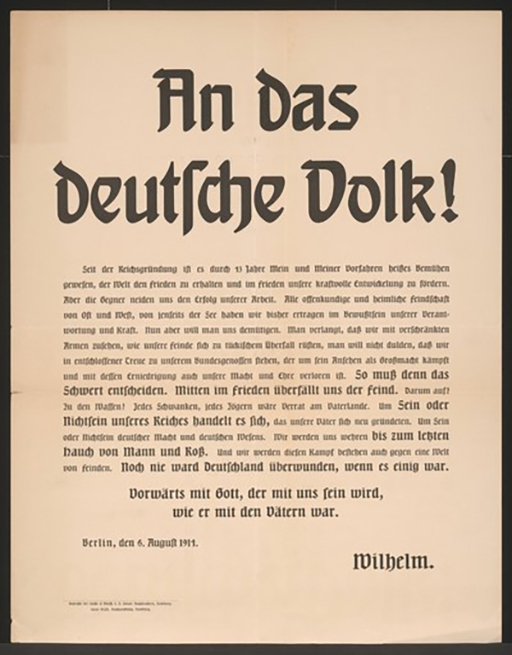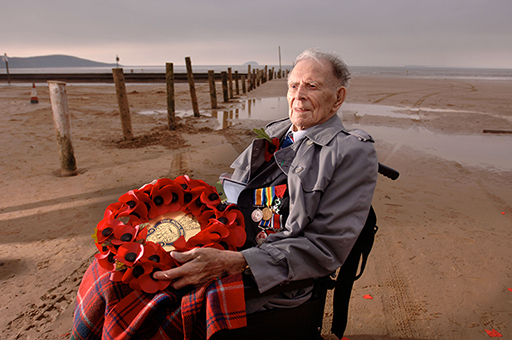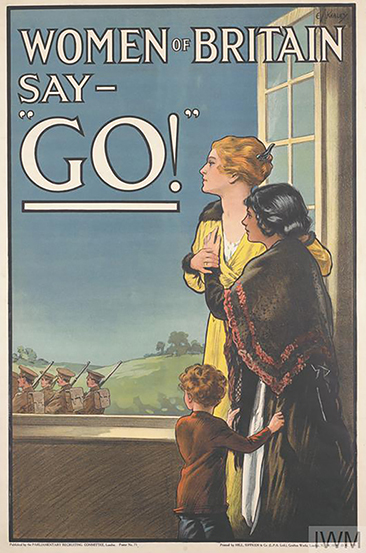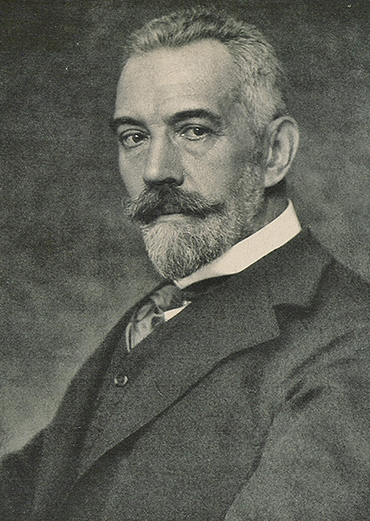1 Why did we fight?
Some contemporaries had no idea why they were fighting in the First World War, as Harry Patch, Britain’s oldest surviving Tommy, recalled in his autobiography:
By the time I was demobilised I was thoroughly disillusioned. I could never understand why my country could call me from a peacetime job and train me to go out to France and kill a man I never knew. Why did we fight? I asked myself that, many times. At the end of the war the peace was settled round a table, so why the hell couldn’t they do that at the start, without losing millions of men.
This question – ‘why did we fight?’ – has troubled generations of historians. Why did Harry Patch, and millions like him, have to kill men they never knew?
In 1919, when the victorious Allies met at Versailles, they believed that Germany and its allies had started the war. But the losers also thought that their enemies had started the war. Every nation had used propaganda to convince its people that it was justified to go to war – and it had painted the enemy as the aggressor.
You can find discussions of this type of propaganda in Session 2.
Everyone involved in the First World War thought that they had fought a defensive war. This is a key point to stress to students because it helps to explain the outrage with which Germans greeted the Treaty of Versailles and their determination to disprove what they considered to be the ‘war-guilt lie’.
Germans remembered Kaiser Wilhelm II and Chancellor Theobald von Bethmann Hollweg declaring in August 1914 that Germany had been the victim of a vicious attack by her enemies.
The German Chancellor declared in a public address at the beginning of August 1914:
Should all our attempts [for peace] be in vain, should the sword be forced into our hand, we shall go into the field of battle with a clear conscience and the knowledge that we did not desire this war.
And the Kaiser declared in a speech to the nation that Germany ‘was attacked in the midst of peace’, a message that was distributed across the nation, for example with propaganda posters such as the announcement ‘to the German people’ in Figure 4, which claimed that Germany was attacked by enemies.

This poster tells Germans that their country was attacked by its neighbours and that Germany was innocent in the events that led to the international tensions of the summer of 1914 and to the outbreak of war. The final sentence reads: ‘Advance with God, who will be with us like he was with our fathers’, an allusion to the victorious Franco–Prussian war of 1870-71.



